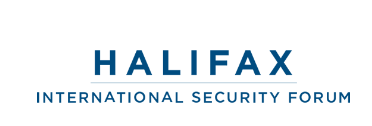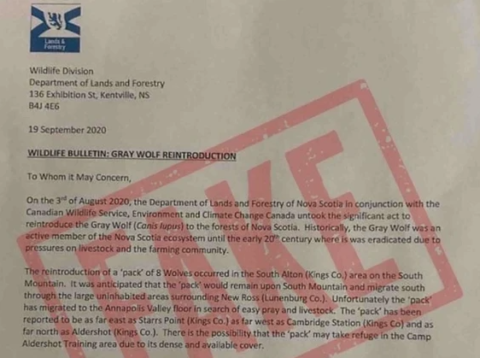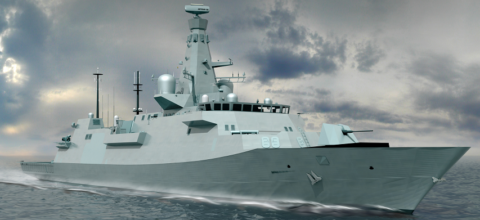Now that we’re officially in an election period, The Line has revived their “Bullshit Bulletin”, covering what it says on the label: the obvious bull crap excreted by all the parties during the campaign. One of the easier targets in this week’s roundup was a Liberal cabinet minister who announced he would not be seeking re-election as he felt he needed to spend more time with his family, only to change his mind once the writ dropped:
You might remember the now-former member of the Trudeau cabinet announcing some months ago that he was leaving politics to spend more time with his young family. “Today is a decision I’ve made for personal reasons”, he said, “because my kids aren’t getting any younger and deserve to have their dad around”. You might also remember the number of Liberals who rushed to his defence, insisting that he was totally sincere and that the then-grim fortunes pollsters were forecasting for the Liberals had nothing to do with Fraser deciding to tap out. He’s a family man, we were told. That’s all this is. Leaving politics to spend more time with the family.
Well, anyway, he’s decided to run again.
It’s all about public service, you see. It’s about standing up for Canada.
Sure. Just like bowing out was all about his kids.
Fraser insists he and Carney had a talk and he’s been assured he’ll be able to spend more time with his family, which is a weird thing for someone who’s experienced to pretend to believe — elected political office is an intensely consuming job, and the only people who succeed in it, as Fraser has, are the kind of people prone to being consumed. So we call bullshit on that. But, to be honest, we probably wouldn’t have even mentioned this if the circumstances weren’t so blatantly egregious. It’s low-level bullshit. Other Liberals changed their minds, too. As Liberal polling fortunes have improved, we saw Anita Anand, for example, reverse her earlier decision to bow out and decide to run again. And we didn’t really comment on that, because, well, it’s her choice.
What’s different about Fraser’s decision, though, is that clearing the way for him to run again meant dumping the man who had stepped forward to run in his place. Graham Murray had been declared to be the Liberal candidate in the Central Nova riding just a few days ago, and had even begun to campaign. He had signs and an office. The announcement of his candidacy is now a dead link on the Liberal party’s website.
Now you see it:
Now you don’t:
So yeah. Murray was the guy. He’d probably told his family and friends and everything. I’m sure they’d said nice things about him. And then Fraser — apparently tired of hanging out with his family after a solid few months, and having duly concluded his kids did not in fact deserve having their dad around — glanced at the latest polls and had the poor son of a bitch who stepped forward to run in his seat shoved into a disintegration chamber so that Fraser could come back.
Look, we’re not here to shed any crocodile tears for a political candidate being roughly handled by their party. But in this case, we still can’t help but feel some human sympathy for Murray. The poor guy. This is like campaigning to get a job, being told you’ve got the gig, and then showing up on your second day of work and being told you’re fired because the last guy wants his job back.












